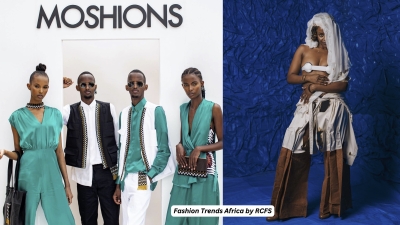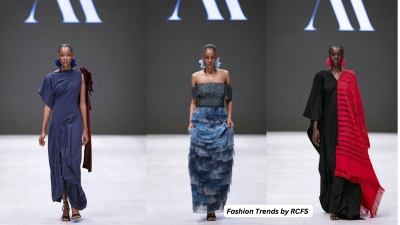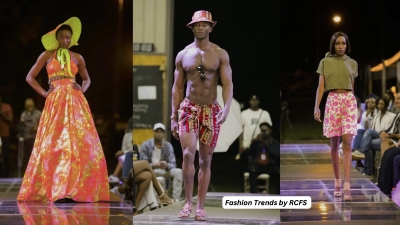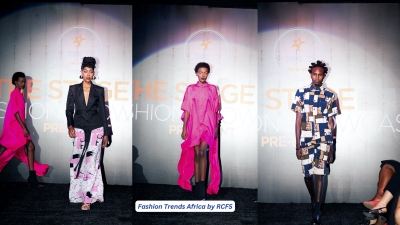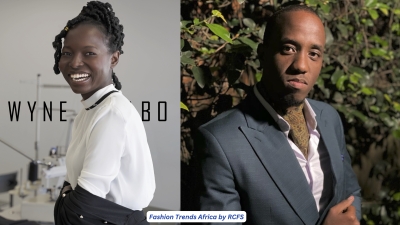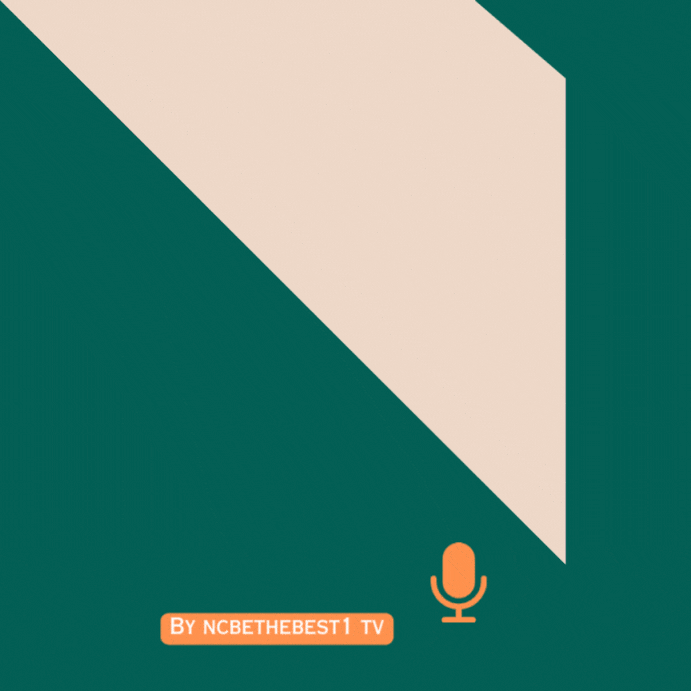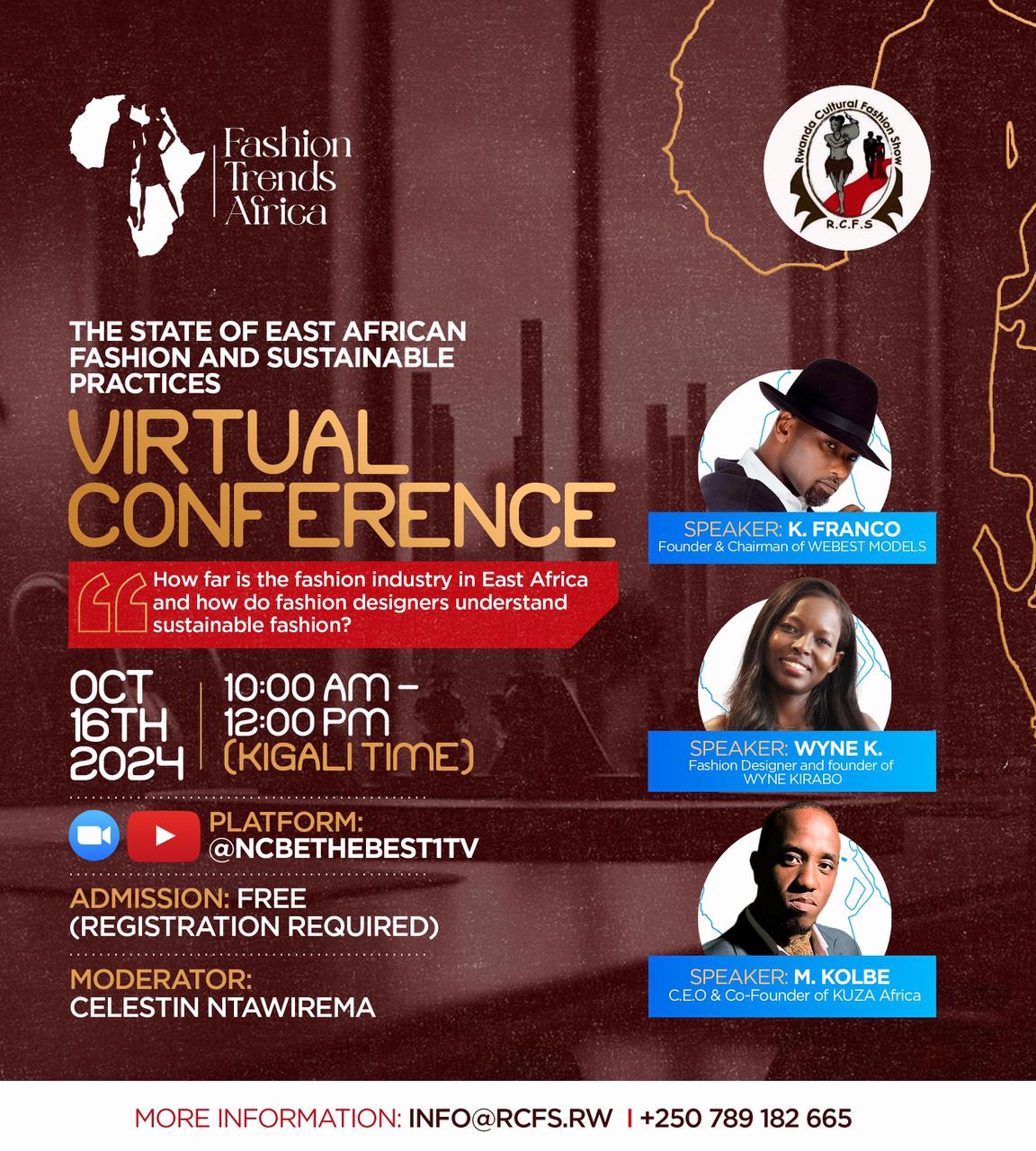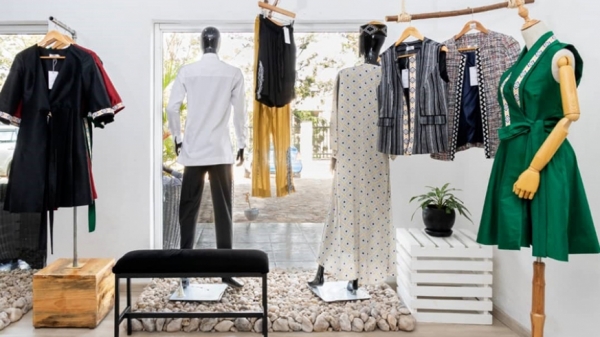
The new coronavirus pandemic was confirmed in Rwanda in March and the government moved fast to impose a lockdown as part of the measures to curb the spread of the virus. Everything came to a standstill. The pandemic had a huge impact on almost every industry, especially businesses which were considered nonessential such as the fashion industry, which at the time of the outbreak was picking good momentum.
Both the fashion industry and creative arts globally and in Rwanda in particular, have been affected, with players in the industry emerging among the most hit businesses that might need an economic stimulus to pick up if Covid-19 happens to go away.
Celestin Ntawirema, founder of Rwanda Cultural Fashion Show, says when Covid-19 started and with the lockdown measures that were put in place by the government taking effect, they couldn’t organise any events which had been planned, setting them back.
“The outbreak means that as Rwanda Cultural Fashion Show, we will not be able to achieve our goal this year which is to promote modelling and fashion designers, but now that events cannot happen, it has become difficult to achieve anything,” Ntawirema explains.
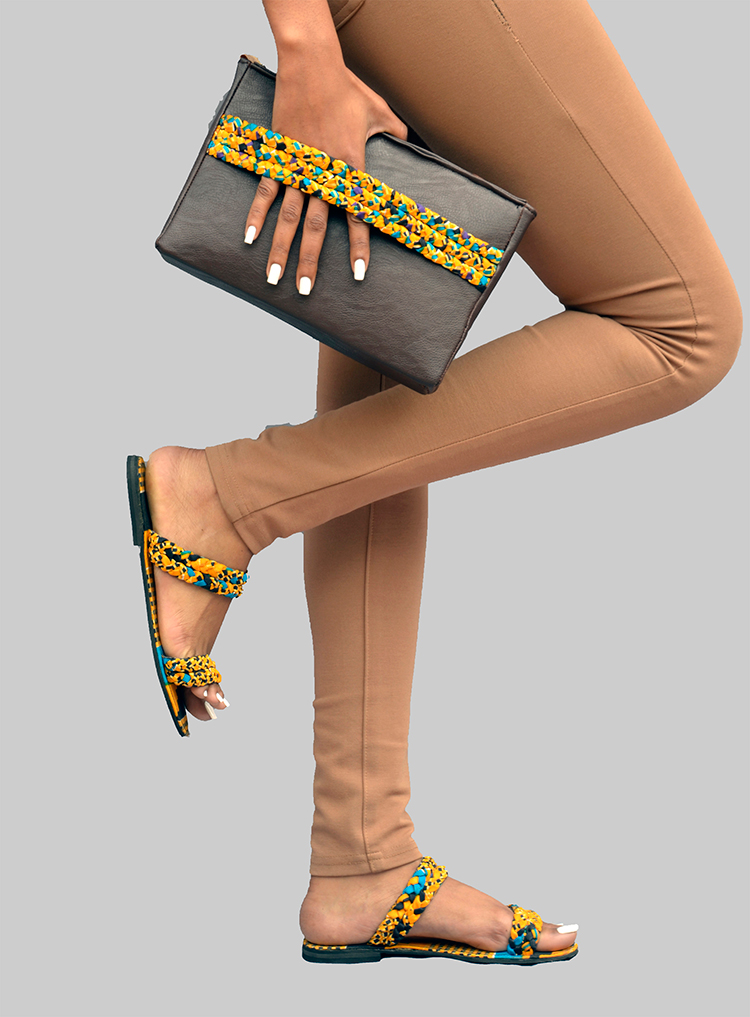
Rwandan made accessories. Courtesy.
He noted that without a reliable platform to showcase their designs, the industry is likely to collapse anytime soon if the situation does not improve. But on the other hand, Ntawirema says there are steps that have been made like supporting some designers and models to continue with their work.
Ntawirema urges government to come on board and work with fashion promoters and designers to revive the hard-hit industry. He says that more efforts can be directed towards bolstering the Made in Rwanda campaign as part of efforts to encourage local production and consumption.
The fashion industry’s deterioration would see a serious impact on the country’s economy, not to mention many people who are likely to lose their jobs. Similarly, creative artistes in the Rwandan fashion are struggling to make sales to sustain their businesses despite some services of the economy reopening.
“They're a lot of challenges in the industry at the moment and most of them have no clear solution,” says Joselyne Umutoniwase, the founder of Rwanda Clothing. However, she says players in the fashion industry have to adjust and learn to work under the new normal, including working in shifts and also use half of their capacity in production to keep active as well as aligning the output with the demand.
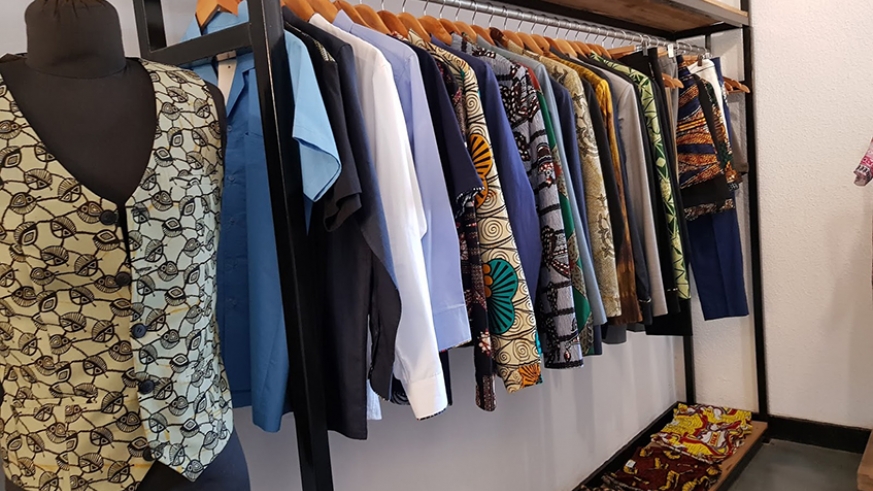
Some of the designs by Rwanda Clothing. / Courtesy.
Umutoniwase says the designers have to retain their customers and give reason to them a reason to continue supporting them since they also know that Covid-19 had an impact on their businesses. She said that the Covid-19 outbreak has had a huge impact on the luxury market-creating redundancy in the business due to the fact that there are no events or functions that make people want to spend extra on clothes.
Despite the fall in demand, all has not been gloom. New opportunities are presenting themselves as fashion brands have shifted to making fashionable coronavirus face masks since they are the most bought item.
Reasons for the decline in sales
Due to major event cancellations such as weddings, special occasions, and vacations that have been disrupted by this pandemic as many people are staying home, most people don’t care much about dressing but rather having food and being able to cover their daily living costs. With this, some see no interest in buying new clothing which has affected sales for so many fashion designers.
It has been noticed that the countries industrial production decreased by 13.90 per cent in March, further pushing the market into big losses. Some designers shut down their stores and encouraged their customers to shop online instead. Many designers and retailers have adapted to producing and showcasing their fashion products online via different social media platforms such as Instagram where we are seeing different fashion designers updating and engaging customers online through informing them about new offers like the new masks available, hence encouraging their customers to make orders.
Rwanda has been implementing a policy to end the use of second-hand clothes, which was quickly turning in to an opportunity for the local industry but Covid-19 has disrupted that. In the face of the unexpected standstill in manufacturing, many industries were allowed to produce protective masks in a bid to promote made in Rwanda products.
It has been an opportunity for industrial players and their workers in the form of employment. In response to the pandemic, major fashion brands and retailers are cancelling orders due to a lack of fabrics and availability. Face masks have become an essential product for many if not all, with many looking to purchase locally made masks as part of efforts to support Made in Rwanda.
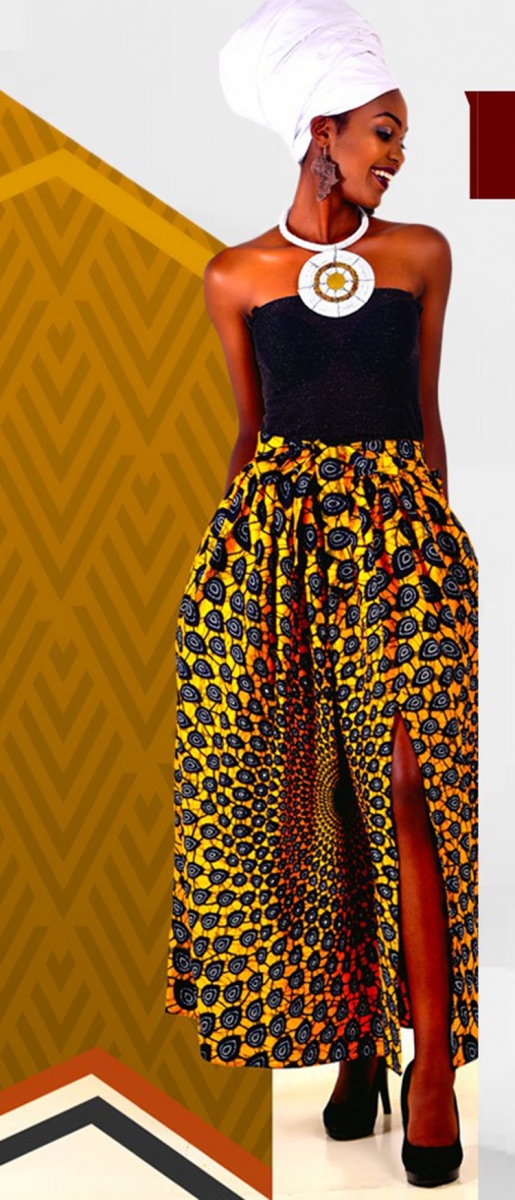
Face masks have also been trending as fashion statements during this pandemic something that started as purely protective transformed into fashion where fashion designers are now making branded face masks.
This email address is being protected from spambots. You need JavaScript enabled to view it.
Latest from RCFS
- 9 Years Milestone: Moses Turahirwa and His Moshions Brand Rwanda-Based
- 9 Years Milestone: Moses Turahirwa and His Moshions Brand Rwanda-Based
- What to Expect in Lagos Heineken Fashion Week 2024: Runways Kick off Today
- What to Expect in Lagos Heineken Fashion Week 2024: Runways Kick off Today
- Storytelling Meets High Fashion at The Kenya Fashion Story 2024



